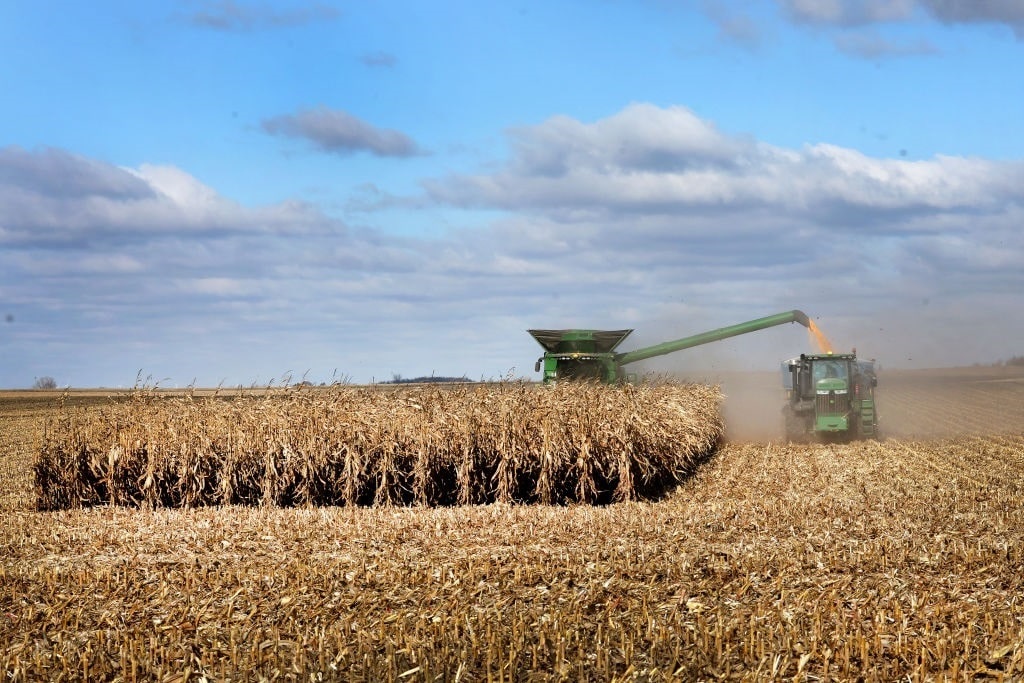The media are abuzz with billionaire Mark Zuckerberg’s announcement that he is raising gourmet beef from wagyu cows on his Hawaiian “ranch,” feeding them beer and macadamia nuts. This contrasts sharply with fellow billionaire farming-dabbler Bill Gates, who uses conventional chemical technologies and fancies himself the creator of a new synthetic factory meat. Pundits are attacking Zuckerberg from both sides of the political aisle: The right calls him an elitist dining on fine foods; the left says he’s a climate destroyer. But what if he is, in fact, neither? Perhaps instead of insulting Farmer Mark, we should thank him for highlighting agricultural truths that are common knowledge for most farmers.
Elitist Farmers
This is not to say Zuckerberg is not an elitist. Worth an estimated $130.6 billion, dining on beef fed better than most humans, and owning 1,500 acres on a small Hawaiian island, he displays the pinnacle of exclusivity. But even elitists need to eat, and he should perhaps be credited with undertaking the challenges of farming rather than just using hirelings – he claims he is involving his family in the actual dirty work, which would be the very best possible thing he could do as a father (billionaire or no).

(Photo by Scott Olson/Getty Images)
It is a simple enough American liberty to raise one’s own food – anyone can raise a wagyu (if zoning and space permit), though they might be short on macadamia meal and cow-beer. Zuckerberg’s venture is a gift: It exposes the lies being leveled against cows and farmers alike, contrasting the Gates/World Economic Forum messaging about bovines and fake meat with the traditional farming methods that nurture soils with local agriculture. Zuckerberg’s farm is a poke in the eye to the likes of AOC and recently dethroned climate “envoy” John Kerry.
Farmer Bill Versus Farmer Mark
Bill Gates displays a very different billionaire’s farm. Gates did not buy property to try his hand at eating well; he bought up over two hundred thousand acres of US farmland across 18 states as an investment. Mr. Gates does not advocate organic farming, either. Instead, he embraces the unsustainable GMO technologies and accompanying chemical saturation of soils that causes erosion, water loss, and pollution. He invests billions in synthetic factory meat, which will be “cultured” from destructive monoculture crops like corn and soy, requiring saturation of millions of acres with synthetic fertilizers, herbicides, and bee-killing pesticides.
Zuckerberg’s undertaking contrasts sharply with the Gates vision and has attracted the ire of Mark’s would-be liberal supporters, who attack him (and all farmers) for destroying the climate by raising cows. Multiple news outlets reported the words of Mitch Jones, deputy director at Food & Water Watch, who argued, “Raising cattle on water-hungry macadamia nuts and beer showcases the excesses of the wealthy. What we need is genuine agricultural reform, which addresses the inequalities in our food system and the reality of a warming climate.”
PETA representative Shalin Gala posted on social media, “Mark Zuckerberg announces he’s now ‘started raising cattle’ on his Hawaiian estate, feeding them beer, then slaughtering them. Mark, the Dark Ages are calling and want you back.”
Farming Disconnect
 The attacks on cows as “climate-damaging” have mainly gone unchallenged except by Irish and Dutch farmers. Whether or not it was his intention, Zuckerberg is now a vitally needed cow apologist. His farming methods are not necessarily climate destroying. Well-managed water resources for both nuts and cows can be part of a soil-building, climate-healing agriculture.
The attacks on cows as “climate-damaging” have mainly gone unchallenged except by Irish and Dutch farmers. Whether or not it was his intention, Zuckerberg is now a vitally needed cow apologist. His farming methods are not necessarily climate destroying. Well-managed water resources for both nuts and cows can be part of a soil-building, climate-healing agriculture.
Hawaii imports some 85-90% of its food. Raising produce locally, whether for himself or others, is how Zuckerberg can support the region’s economy and culture (agriculture) as well as the climate – his beef will not be grown in faraway nations and then shipped to his island. He is not employing synthetic fertilizers or herbicides (unless for the nuts or beer inputs). He is not raising his cows on delicate open ranges or crammed into a concentrated animal feed operation (CAFO).
Instead of praising him, climate warriors across the internet are zeroing in on a number of questionable statistics regarding the dangers of the Meta CEO’s farming methodology. Some cite Vice’s 2014 article that says cows produce 132 gallons of methane gas daily. Others that “cattle farming contributes 3.7 percent to global greenhouse gas emissions,” as Essa News reports in response to Zuckerberg’s farming practices. “Methane is a harmful greenhouse gas, causing about 85 times more warming than carbon dioxide,” the site adds.
This is the Big Cow Lie. The relative impact of methane versus carbon dioxide is an arbitrary measure, but even per the Environmental Protection Agency, methane is only 30 times more potent over 100 years than carbon dioxide, not 85. Notably, the EPA also calculates nitrous oxide is 273 times more potent over a century than carbon dioxide. Nitrous oxide is released in significant quantities by the synthetic fertilizers Bill Gates favors and that Mark Zuckerberg is avoiding by pasturing cows.
Praising Zuckerberg?
Pastured cows sequester both carbon and methane in the soils upon which they dine and defecate. Their manure rebuilds depleted soils and feeds the microbial soil life upon which plant and animal (and human) health depend. There is no technological replacement for cow manure: only soil- and climate-destroying industrial agricultural processes like those endorsed by Bill Gates and the WEF.
The Facebook founder should be praised for raising and eating his own cows. Sure, he’s an elitist, but the more he raises and learns about gentle bovines, the more he may also raise a voice to truly save the world – with cows, not by culling them from the food chain as rival faux farmer Bill Gates advocates. Growing his own food in Hawaii will educate Mark Zuckerberg and others, defend traditional farmers, and bring the discussion of cows back down to earth.

